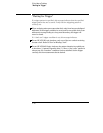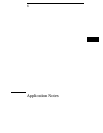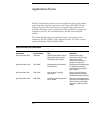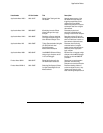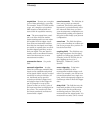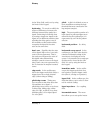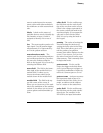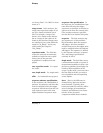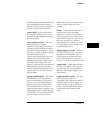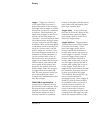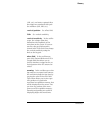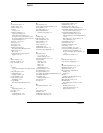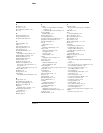
can be set from 1:1 to 1000:1 in incre-
ments of 1.
range terms In the analyzer, the
range terms represent ranges of val-
ues to be found on labeled sets of
bits. For example, a range of ad-
dresses to be found on the address
bus or a range of data values to be
found on the data bus. Range terms
are satisfied by any value within the
range for “In_Range,” and by any
value outside the range for
“Out_Range.”
repetitive mode The field that
causes the selected measurement
modules to begin the next acquisi-
tion as soon as the previous
acquisition is completed and dis-
played.
run, repetitive mode See repeti-
tive mode.
run, single mode See single mode.
s/Div See horizontal sweep speed.
sequence-advance specification
In the analyzers, the combination of
patterns, occurrences, and time that
must be satisfied before the trigger
sequencer will advance from the cur-
rent sequencer state to the next
higher-numbered sequencer state.
sequence-else specification In
the analyzers, the combination of pat-
terns that will cause the trigger
sequencer to transition to another se-
quencer state from the current state,
if the sequence-advance specifica-
tion has not been found to this point.
sequence The logic analyzer trig-
ger sequencer is a state machine
that determines when the analyzer
will trigger. All of the transition
matches that lead to the trigger state
must be satisfied before the analyzer
will trigger. The sequence is defined
by the sequence-advance, sequence-
else, and storage specifications
currently in effect.
single mode The field that causes
a measurement module or system of
measurement modules to make a sin-
gle data acquisition, then display the
results of that acquisition on the
screen. In this mode, you must select
the Run field each time you want a
new acquisition and corresponding
screen update.
skew Skew is the difference in
channel delays between measure-
ment channels. Typically, skew
between modules is caused by differ-
ences in designs of measurement
channels, and differences in charac-
teristics of the electronic
components within those channels.
Glossary
Glossary–4



